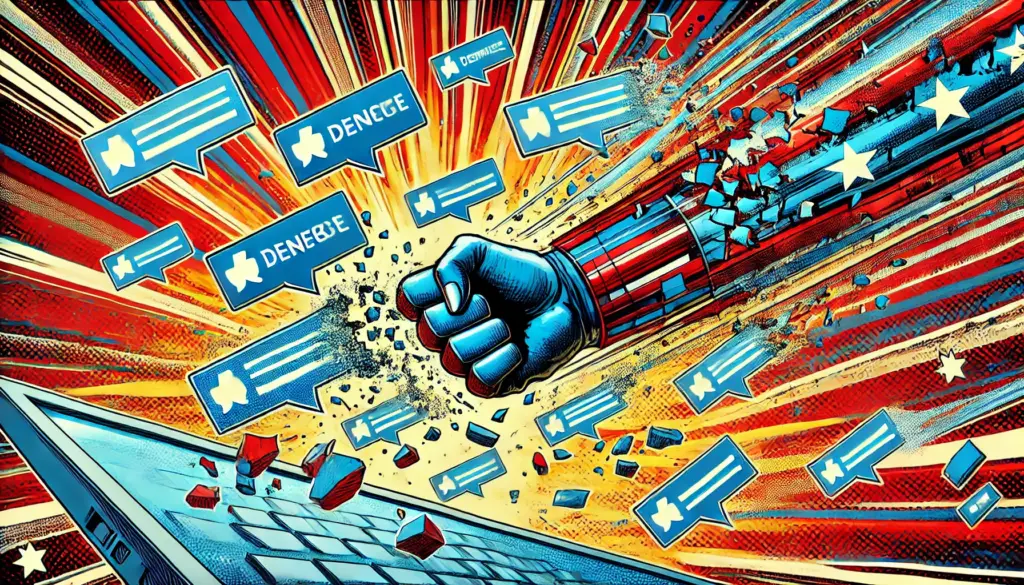
Japan’s southernmost prefecture, Okinawa, recently welcomed a bold new addition to its tourism offerings: the Junglia theme park. Promising an immersive jungle experience backed by cutting-edge attractions and high-profile branding, Junglia quickly became a hot topic among influencers and families alike. However, what started as a highly anticipated opening has since become embroiled in online controversy — particularly over the sudden mass deletion of negative comments from social media and review sites. As questions swirl, many are beginning to wonder: What’s really happening behind the scenes at Okinawa’s new dream destination?
A Theme Park Born of Ambition — and Controversy
Junglia opened its gates to the public in July 2025, offering a jungle-themed resort park developed in the heart of Okinawa’s lush natural surroundings. Operated by a private consortium with links to major entertainment and real estate companies, the park aimed to attract both domestic and international tourists. It came with grand promises: world-class animal shows, adventure rides, luxurious accommodations, and a celebration of Okinawan nature and culture.
But even before the park opened, some locals expressed concern over the environmental impact and commercialization of the area. And shortly after its launch, the atmosphere turned even more sour.
The Mystery of the Disappearing Comments
Over the past few weeks, netizens began noticing that critical or negative posts about the park were being removed from various platforms — particularly on X (formerly Twitter), Google Reviews, and Instagram. Many of these posts allegedly included personal experiences related to long wait times, underwhelming attractions, or concerns about animal welfare. The deletions were swift, and in some cases, entire comment sections were wiped clean.
This sparked a flurry of speculation. Was the park or its management engaging in aggressive reputation control? Were platforms cooperating with removal requests? Or were overzealous fans simply flagging and reporting comments en masse?
No official statement has been issued regarding the deletions, but the silence has only deepened suspicion.
Influencers Under Fire 🕵️
Adding to the unease is the role of influencers. Numerous travel YouTubers and Instagram personalities had been invited to Junglia’s pre-opening events, posting overwhelmingly positive impressions of the park. However, some viewers began to question whether these promotions were paid or if influencers were under non-disparagement agreements.
More notably, several influencers who did post mild critiques — such as complaints about price points or crowd management — later deleted or edited their content. A few even admitted, in now-deleted posts, that they were contacted by park representatives after publishing negative impressions.
This raised red flags for followers who value transparency. The phrase “Junglia censorship” began trending briefly on Japanese forums like 5ch and even gained attention on Reddit.
An Echo of Japan’s PR Culture?
This incident may seem unique to Junglia, but it reflects a broader trend in Japan’s media and tourism industry. Public relations strategies in Japan often lean toward managing image meticulously, even if it means suppressing criticism. Large companies frequently work with agencies that monitor online sentiment and act quickly to address — or erase — potential damage.
While this can help maintain brand control, it also risks backfiring. In Junglia’s case, the deletions have arguably caused more harm than the original critiques would have. What might have been an ordinary flurry of launch-day feedback has transformed into a viral scandal that undermines trust.
Is the Park Still Worth Visiting? 🎡
Lost in the noise of controversy is a more grounded question: Is Junglia a good theme park?
Initial visitor feedback, before being deleted, was mixed. Some praised the beautiful landscaping and family-friendly activities, while others noted logistical hiccups common with new facilities — such as unclear signage, limited shade, and insufficient staff for large crowds.
As of late July, new visitors continue to trickle in, and some updated reviews suggest improvements are being made. However, the lingering sense of opacity has made potential guests more cautious. People aren’t just reading what’s being said — they’re noticing what’s not being allowed to stay posted.
The Bigger Picture: Okinawa’s Strained Relationship with Tourism
Okinawa’s relationship with tourism is already a delicate one. The prefecture relies heavily on visitor revenue, yet local sentiment often leans wary of over-tourism and the exploitation of its natural environment. Junglia represents both an economic opportunity and a cultural flashpoint. Critics argue that pushing through such developments without community consensus sets a dangerous precedent.
If Junglia’s operators truly want to win over the public, transparency may be more important than ever. Letting honest feedback stand — even if it stings — could ultimately lead to a better experience for everyone.
Final Thoughts 💭
Junglia had all the makings of a summer blockbuster — a lush new attraction in a tropical paradise. But in today’s hyper-connected world, controlling the narrative is no longer as simple as deleting a few comments. The internet remembers. And audiences demand authenticity.
Whether Junglia becomes a lasting icon or a cautionary tale may depend not just on its rides, but on how it handles criticism and community engagement going forward.



















































